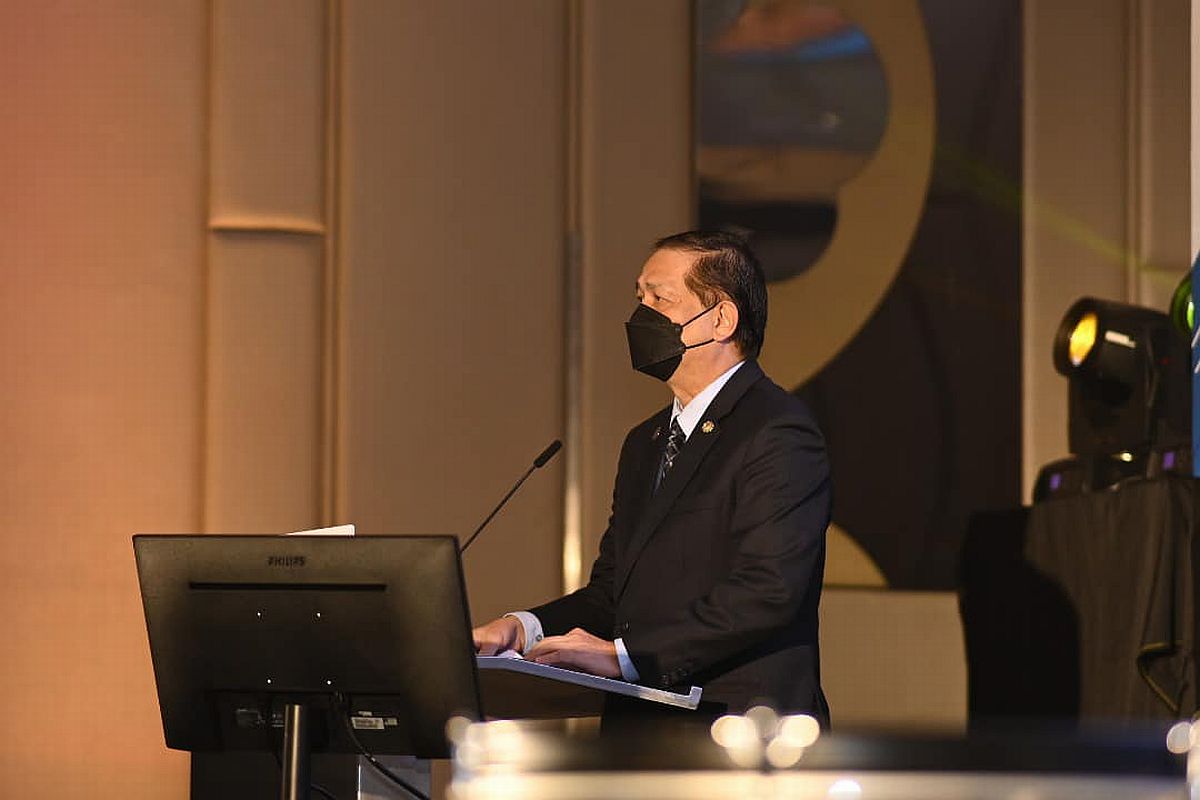KUALA LUMPUR, March 29 – Health director-general Dr Noor Hisham Abdullah today acknowledged problems in the public health service, ahead of so-called “strike” action by contract doctors next month.
He said the government has, from time to time, responded or taken action to resolve problems and demands raised by health care workers.
“Among these are the creation of permanent positions, providing scholarship for specialist training or further studies, time-based promotions, opportunities for promotion to special grades, and the creation of the UD56 grade for specialist doctors and the like,” Dr Noor Hisham said in a statement.
“Other health schemes have also been given attention and improvements. I believe that the government, from time to time, will ensure that all of these problems and demands will be addressed appropriately, in line with current issues, and given the appropriate solutions based on the country’s economic capabilities.”
Dr Noor Hisham highlighted the sacrifices of health care workers during the Covid-19 pandemic, stressing that the health service needs to continue to be sustainable to face future crises or pandemics.
“Therefore, health workers, as the main asset of the health service, must continue to be given the appropriate attention, including fair wages for their service.”
A poster announcing #MogokDoktorKontrak from April 3 to 5 – which encourages contract medical officers to take emergency or medical leave in that period, but not to hold a walkout – was posted by Instagram account mogokdoktormalaysia and Telegram group MY Doctors Info Sharing Group.
The poster also said those who wanted to quit their jobs could join a “mass” resignation on April 1.
A spokesman for the group told The Star that an estimated 8,000 contract medical officers would participate in the so-called “strike” and mass resignation event, including 3,000 who would quit their jobs on April 1.
Dr Noor Hisham said strike action, in general, could affect a service.
“Generally, it is organised to deliver a certain message to the related parties. However, this must be considered carefully as the health service is a critical one, especially since it involves human lives and public welfare.
“Therefore, I believe that a strike, especially if it is unplanned, may not be the solution for any arising problem related to the medical officer profession or any other professional scheme.”
Hartal Doktor Kontrak (HDK), which previously organised a walkout among contract doctors in July 2021, has distanced itself from the April “strike”, pointing out that it had engaged with all stakeholders, including the Ministry of Health (MOH), the media, lawyers, and the Human Rights Commission of Malaysia (Suhakam) for its protest then.
“We did that as we dont want to jeopardise patients’ care and safety. We were very prepared. If we plan on another strike, the same thing would be done, especially engagement prior to the strike,” HDK tweeted yesterday.
Health care professionals across the public service, including doctors, dentists, pharmacists, nurses, and allied health care workers, have been expressing deep anger and frustration in the past few months with being overworked and underpaid amid severe staff shortages.
A nationwide January CodeBlue poll among more than 1,600 health care workers in the public health service revealed that 95 per cent believe the public health care system is currently in crisis, 73 per cent were thinking of quitting, and over half were willing to participate in a strike.
A February 27 letter from MOH, leaked by HDK, revealed that the Public Service Department (JPA) had, in August 2022, rejected MOH’s request to raise doctors’ on-call allowances by 50 per cent and suggested reviewing the on-call system instead.
At a town hall meeting last February, government doctors had asked Health Minister Dr Zaliha Mustafa to increase weekend on-call rates by 178 per cent from the current RM9 hourly rate to RM25 per hour.
Government doctors also expressed anger at the JPA’s current review of the Critical Service Incentive Payment (BIPK) under a rationalisation study of allowances in the public sector. In 2019, the then Pakatan Harapan government approved the abolition of the BIPK, which is primarily received by staff in the health service, before suspending the repeal due to outrage from the medical fraternity.








